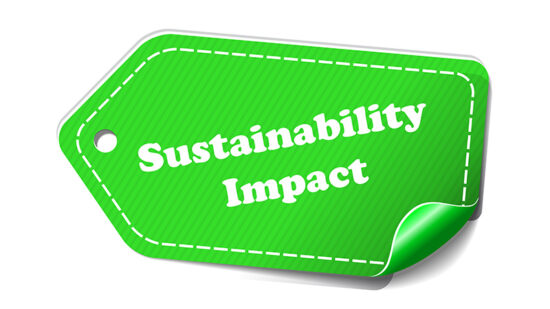On 6 November, Obama won a second term as US president. One consequence of this is Ben Bernanke being likely to stay on as chairman of the Federal Reserve until 2014 and maintain the central bank’s ultra-loose monetary policy.
Mitt Romney, the Republican presidential candidate, said on a number of occasions that he would replace Bernanke before his term expired. The candidate is a critic of the bank’s quantitative easing (QE) programme.
Royle, co-manager of the Smith & Williamson North American Trust, said the US stock market, bonds and hard assets such as gold are likely to experience a short-term benefit from Bernanke remaining at the helm of the central bank.
“But longer term, who knows? I’m tempted to say it’s probably negative for the global economy because all this money printing is creating huge global imbalances,” the manager said. “The bond market shouldn’t be where it is but it is because it’s been reflated there.”
The Fed has embarked on three bouts of QE since November 2008 – including the unlimited round it launched in September to bring down the country’s unemployment rate – and kept its key interest rate at close to zero for almost four years.
Royle predicted the US will have to keep its unlimited QE programme running for several more years to achieve its aim of bringing unemployment down from its current 7.9% to about 5%.
This owes to the fact that the US has to create around 350,000 jobs a month to bring unemployment down by 1% a year. The manager said: “That suggests we have another three years of this open-ended QE.”
The manager also said he is unsure how the Fed’s loose monetary policy will eventually be unwound, arguing that deflation and hyperinflation are two extreme but possible outcomes of its QE programme.







